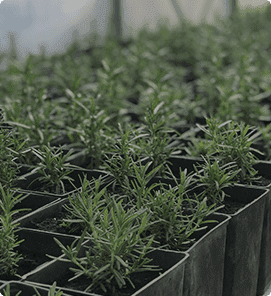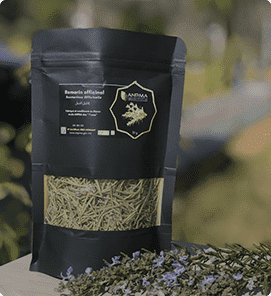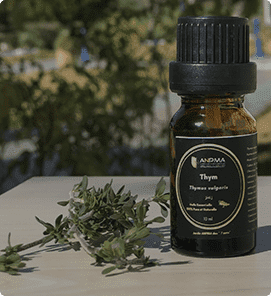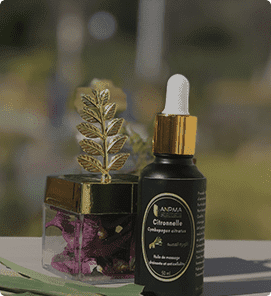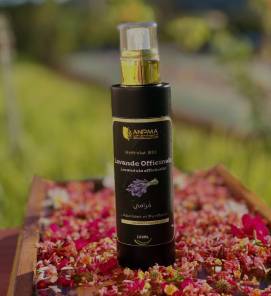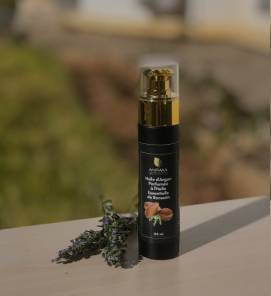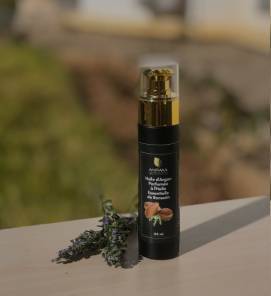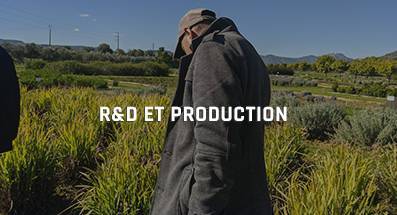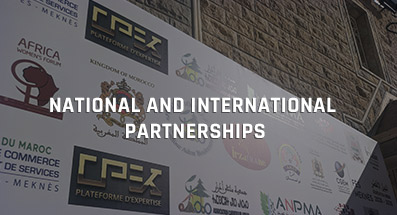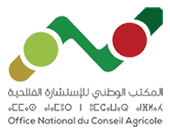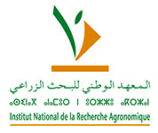Agence Nationale des Plantes Médicinales et Aromatiques
Medicinal
and Aromatic Plants,
Catalysts for Well-being, Lever for Development

The Director's Word
The Challenge of Innovation and Excellence
Appointed on August 31, 2023, by the Government Council, in accordance with Article 92 of the constitution, which prioritizes equality of opportunity, merit, competency, and transparency.
Prof. Dr. Dalila BOUSTA
Director of the National Agency of Medicinal
and Aromatic Plants (ANPMA)

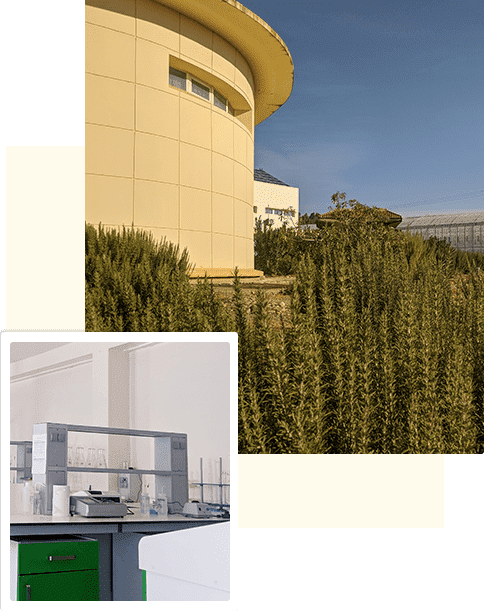
Research & Development
ANPMA, where science and nature shape a better future
The National Agency of Medicinal and Aromatic Plants (ANPMA) is dedicated to advancing Research & Development (R&D) in high-value fields to enhance the valorization of Medicinal and Aromatic Plants (MAP). By promoting collaboration among research centers and relevant public and private institutions …
worldwide
use
of MAPs globally

Services
ANPMA provides
multiple services
The National Agency for Medicinal and Aromatic Plants (ANPMA) provides a comprehensive range of services to meet the needs of stakeholders in the medicinal and aromatic plant sector…
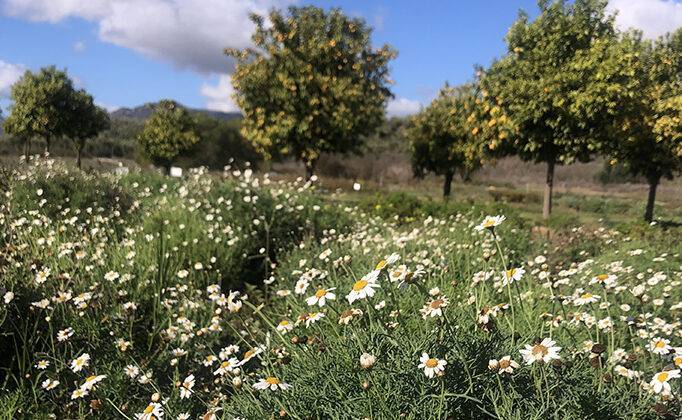

Our journey is marked by significant milestones, each contributing to the advancement of our mission



























FAQ
An evolving page,
an interactive space
This space gathers information that may interest our visitors about the ANPMA, its products, its services, its website, …
Valorization of medicinal and aromatic plants (MAP) involves harnessing their medicinal and aromatic properties to derive active ingredients, finished products, or extracts for therapeutic, food, or cosmetic use.
MAP valorization is important for several reasons:
- It enhances biodiversity by sustainably utilizing natural plant resources.
- It strengthens and preserves traditional knowledge related to the use of medicinal plants.
- It contributes to the economic development of regions where these plants are cultivated or harvested.
- It offers natural alternatives to chemical products in health, cosmetic, and food industries.
Medicinal and aromatic plants can be cultivated in open fields, greenhouses, or through hydroponic systems, depending on the species and climate conditions. They can also be wild-harvested in their natural environment, though this practice may pose sustainability challenges if not managed responsibly.




